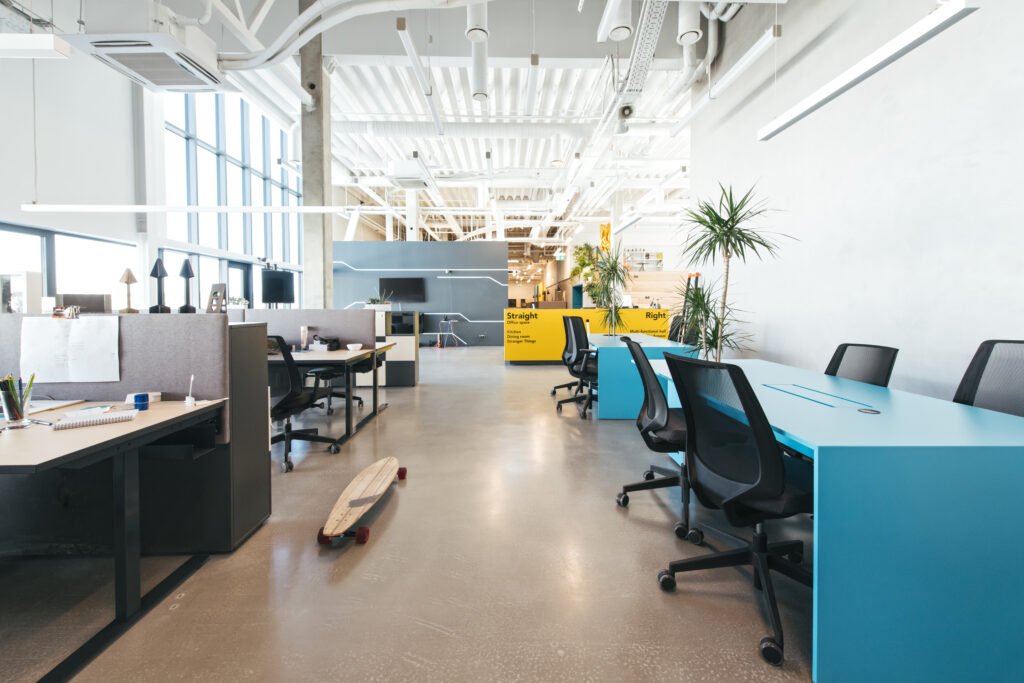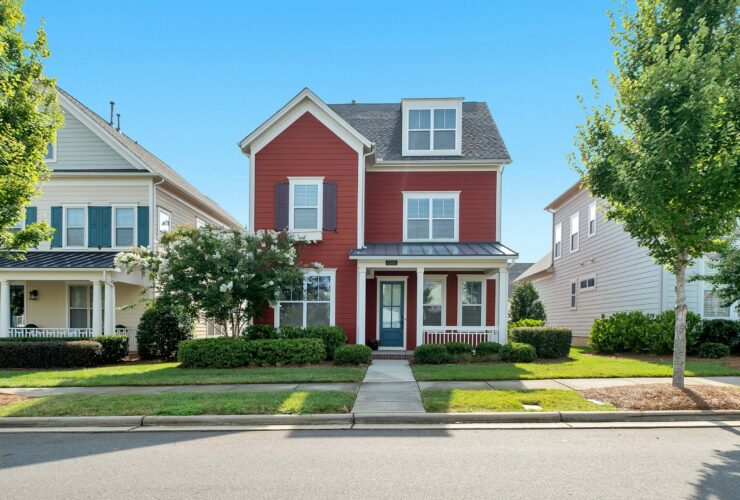Office building or warehouse? Which should you invest in?
Any property that you lease out to businesses and retailers belongs to commercial real estate. Investing in commercial real estate means you purchase or develop a property with the intention to rent it out to business owners. The space can be used for whatever business process. For example, it can be for production, for the display of products, or for receiving clients. This means that even when you purchase an empty lot, as long as it is used for business purposes by your renter, this is considered commercial real estate.
The following are the main types of commercial real estate you can invest in. Knowing this information can help you decide on the type of commercial real estate you want to specialise in.
Types of commercial real estate
1. Office
This is the most common commercial property. There are different kinds of buildings that can be used as offices depending on the size of the business. One office can be a single room, an entire floor, or a whole skyscraper.
Should you invest in an office building?

The pro of investing in an office building is the long-term lease. It is unusual for businesses to move places in a short period of time. Renting our a commercial space for office use is going to let you enjoy steady benefits even in a struggling market.
However, unless you state that a rent increase is due every year, you won’t benefit from a well-performing market. In that case, you have to wait until the lease is over before you can increase the rent according to the market’s performance.
Another pro of renting out your space for office use is the quality of the tenants you get. Companies have an image to maintain after all so they are likely to keep the place clean and in top shape.
Compared to other commercial real estate investments, investing in an office building may significantly cost more. Offices usually need a parking space and must have good security.
2. Retail
A popular choice among investors is a retail commercial space. These spaces must be in urban places where a lot of people go for their basic needs and entertainment. The retail industry includes restaurants, supermarkets, gyms, service stations, pubs, and many more.
The choice of location is important when investing in retail spaces. Plus, the trends change every 5 years or so. Renters need to refresh their spaces to fit the taste of consumers.
Since this is a popular choice among investors, expect that the competition is tight, and the yield can be lower than that of an office building. A con is that tenants may be late in paying rent since they depend on their stores’ regular income.
3. Industrial
From warehouses to large manufacturing sites, industrial buildings are typically geared towards manufacturing industries, as they offer spaces with height specifications and docking availability. Also, these commercial properties generally lend themselves more to investment opportunities.
Industrial properties are not as common as rental spaces and offices. Venturing into the industrial property field means you have to prepare a huge sum of money. Warehouses and plants have special building requirements and specifications.
However, this kind of property gets a huge yield and really long leases. The con is that economic changes impact industries. You have to cover vacancy rates when negative market movements come in.
Now that you know some pros and cons of each type of commercial property, you can decide what you can specialise in. While you are free to invest in all kinds of commercial properties, specialising in one type is a sound strategy. One benefit of specialisation is you save time. Knowing the ropes of any kind of property takes time. The amount of time you spend knowing all basics about all property types can be the same amount of the time required to be a master at one.
Investing in commercial real estate is also riskier than investing in residential properties. Before you close the deal on your first investment, make sure to seek professional advice regarding a property’s potential and even in processing loans.




